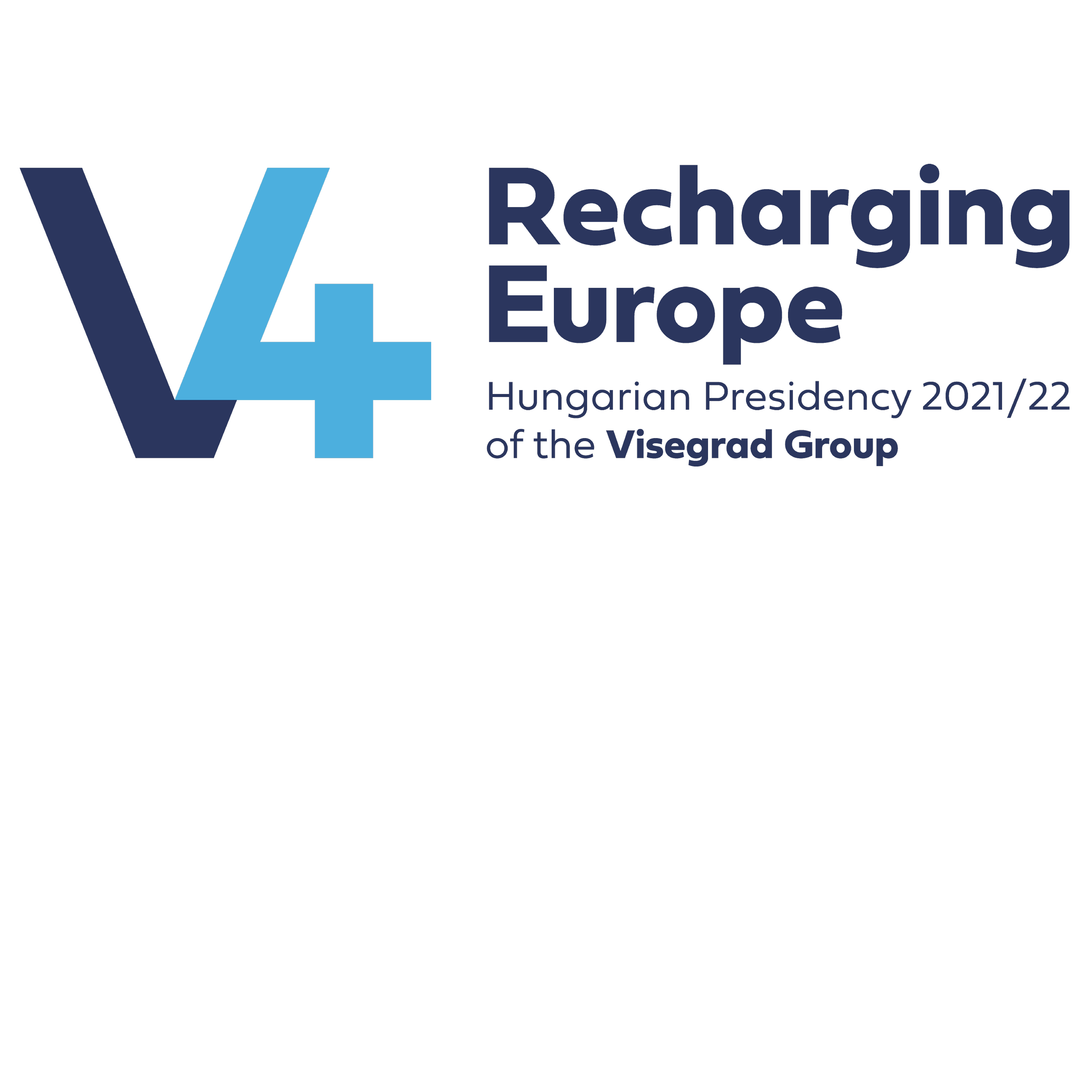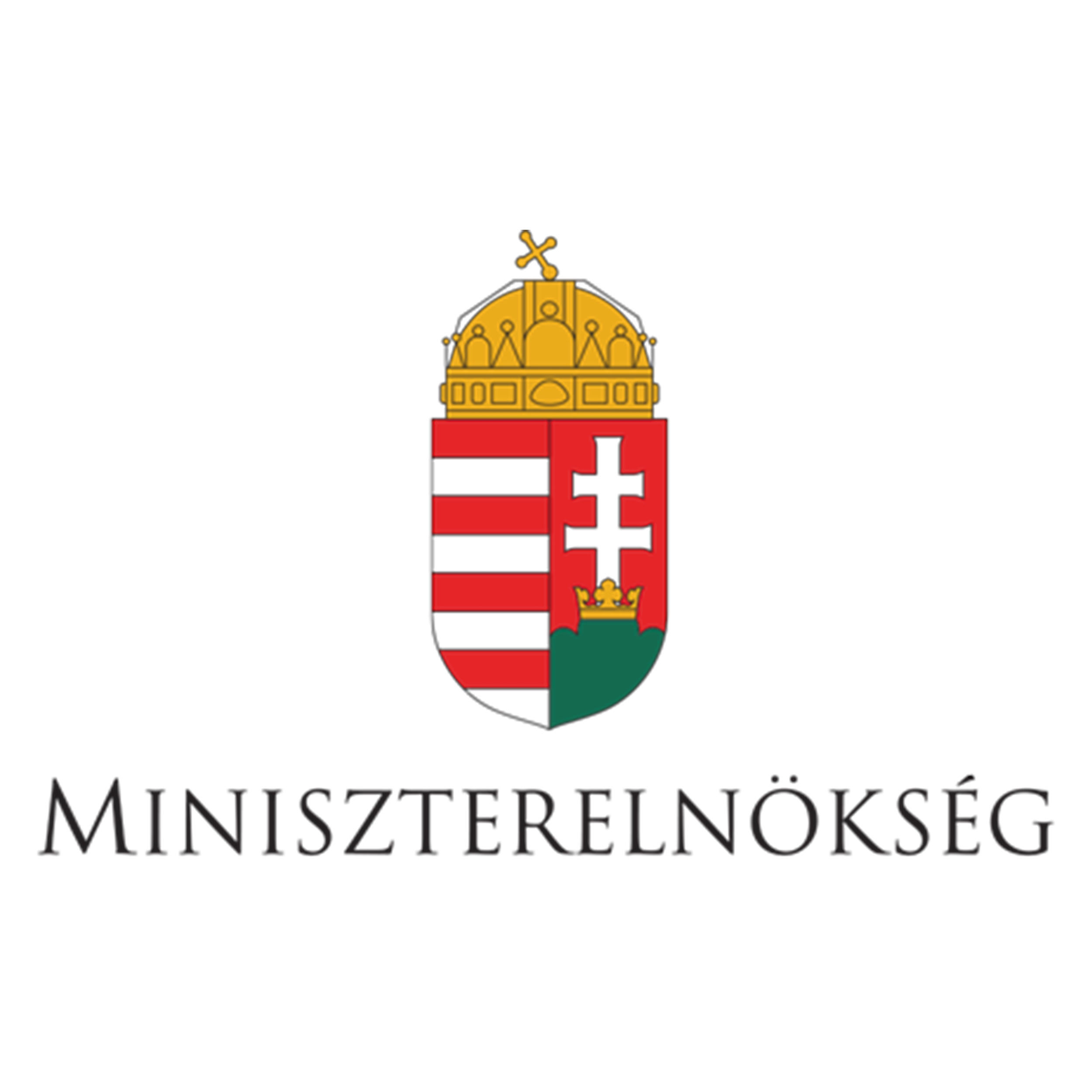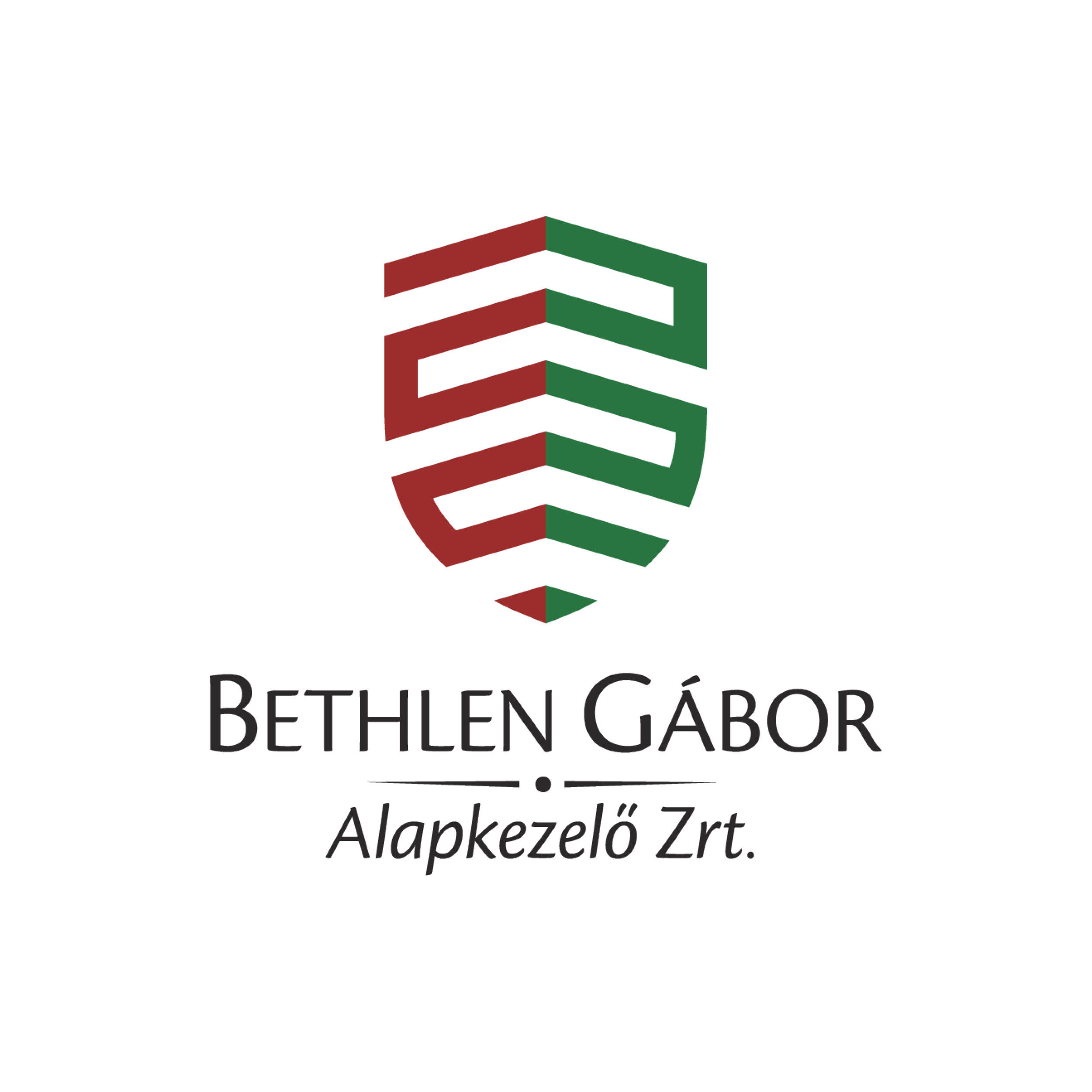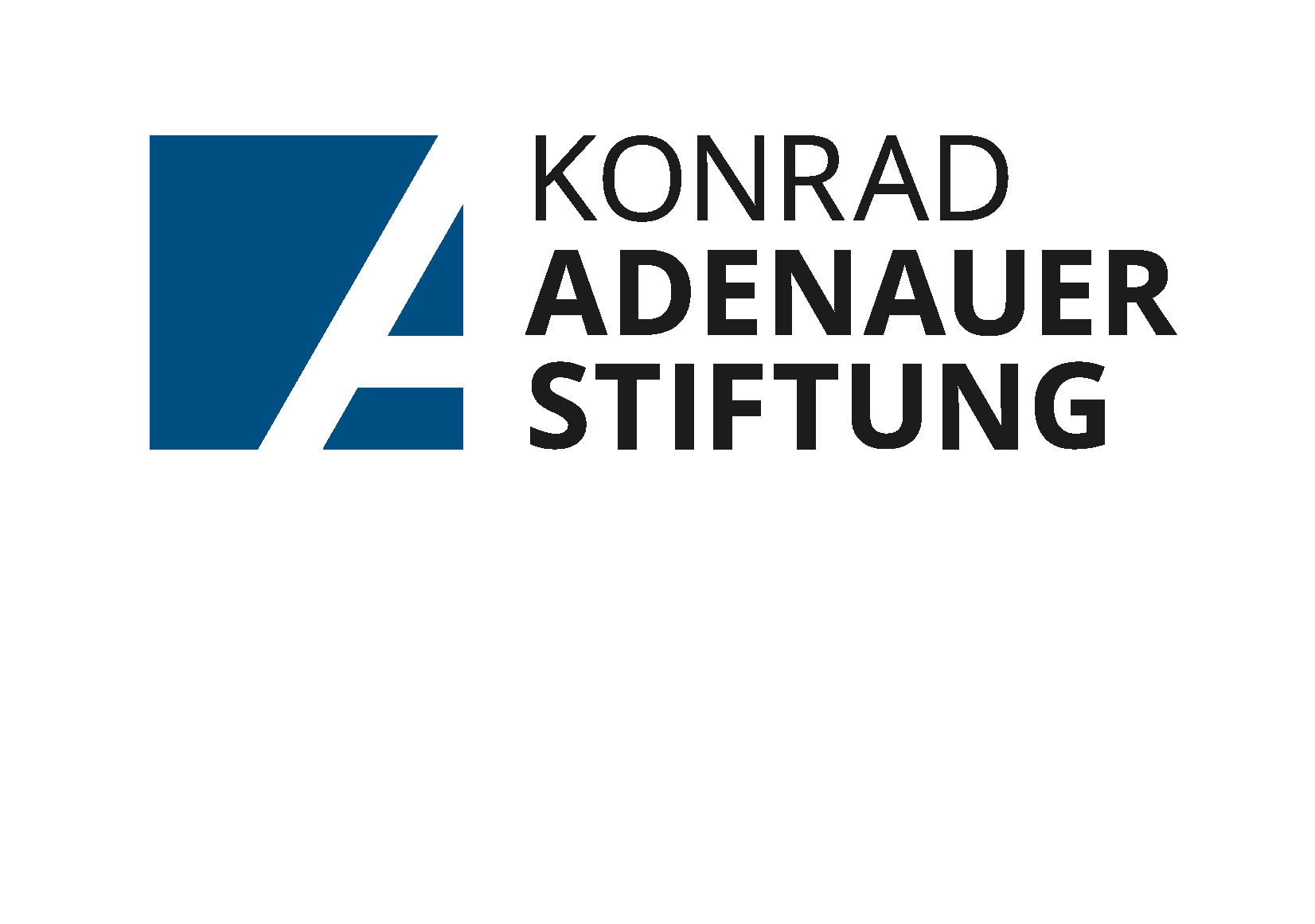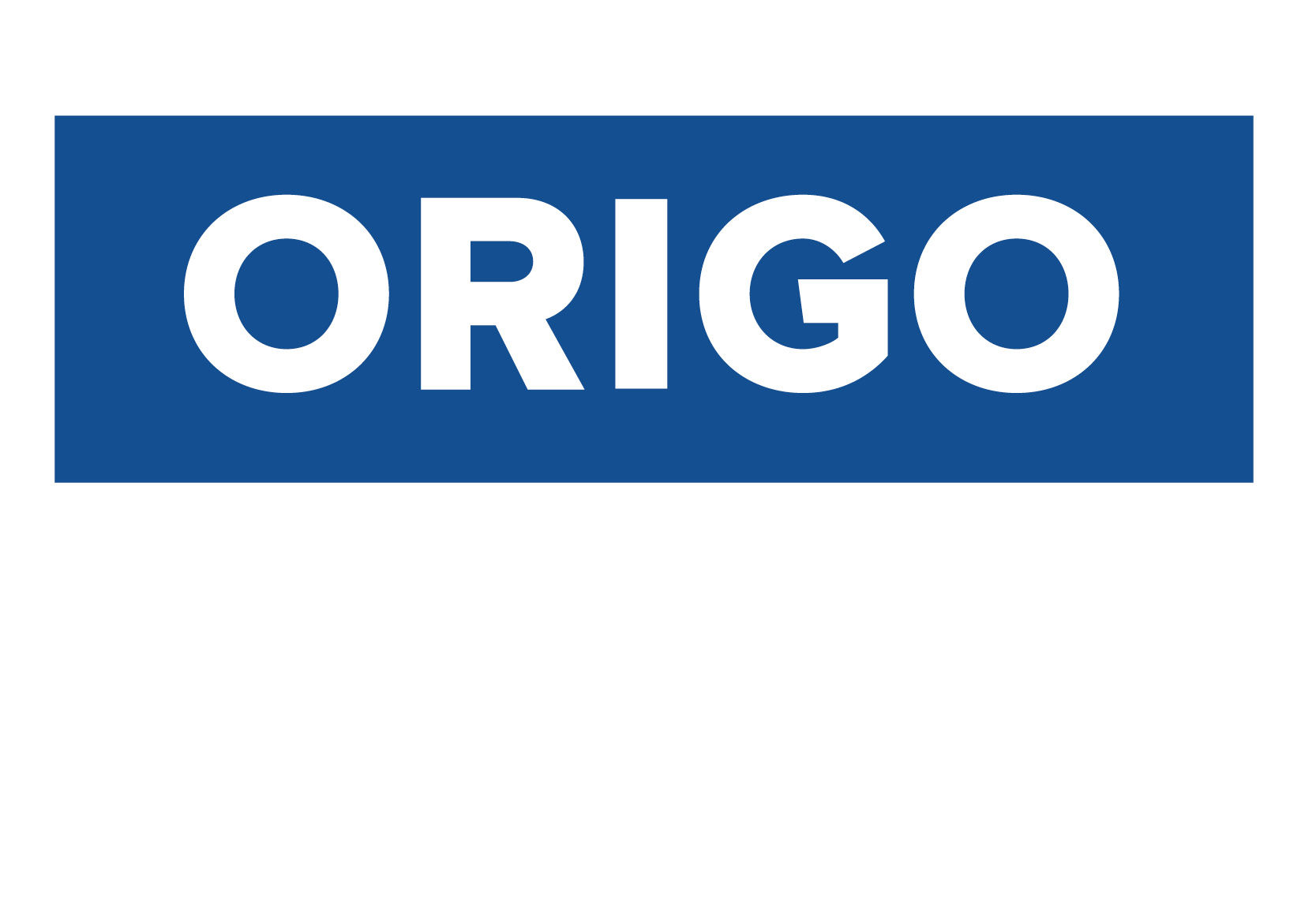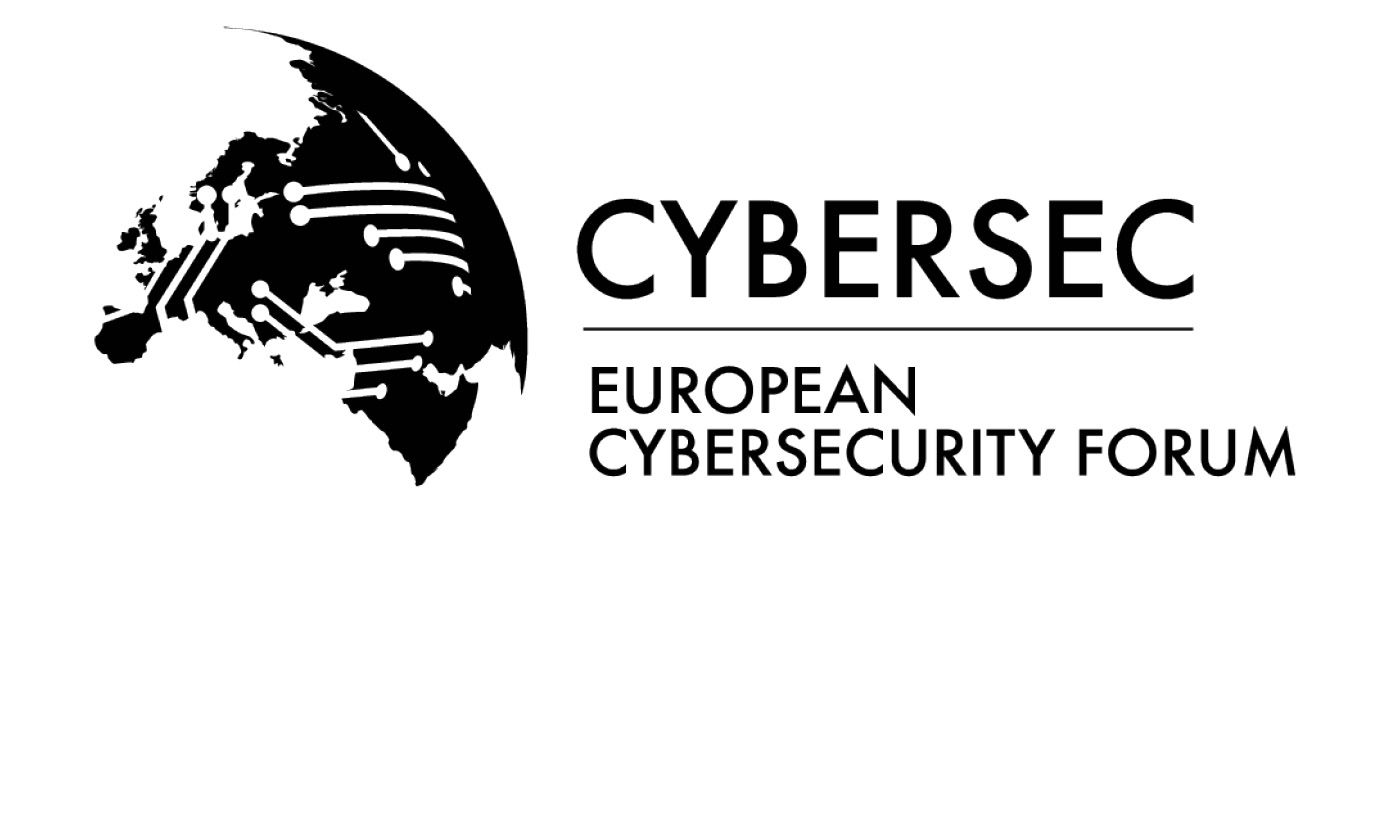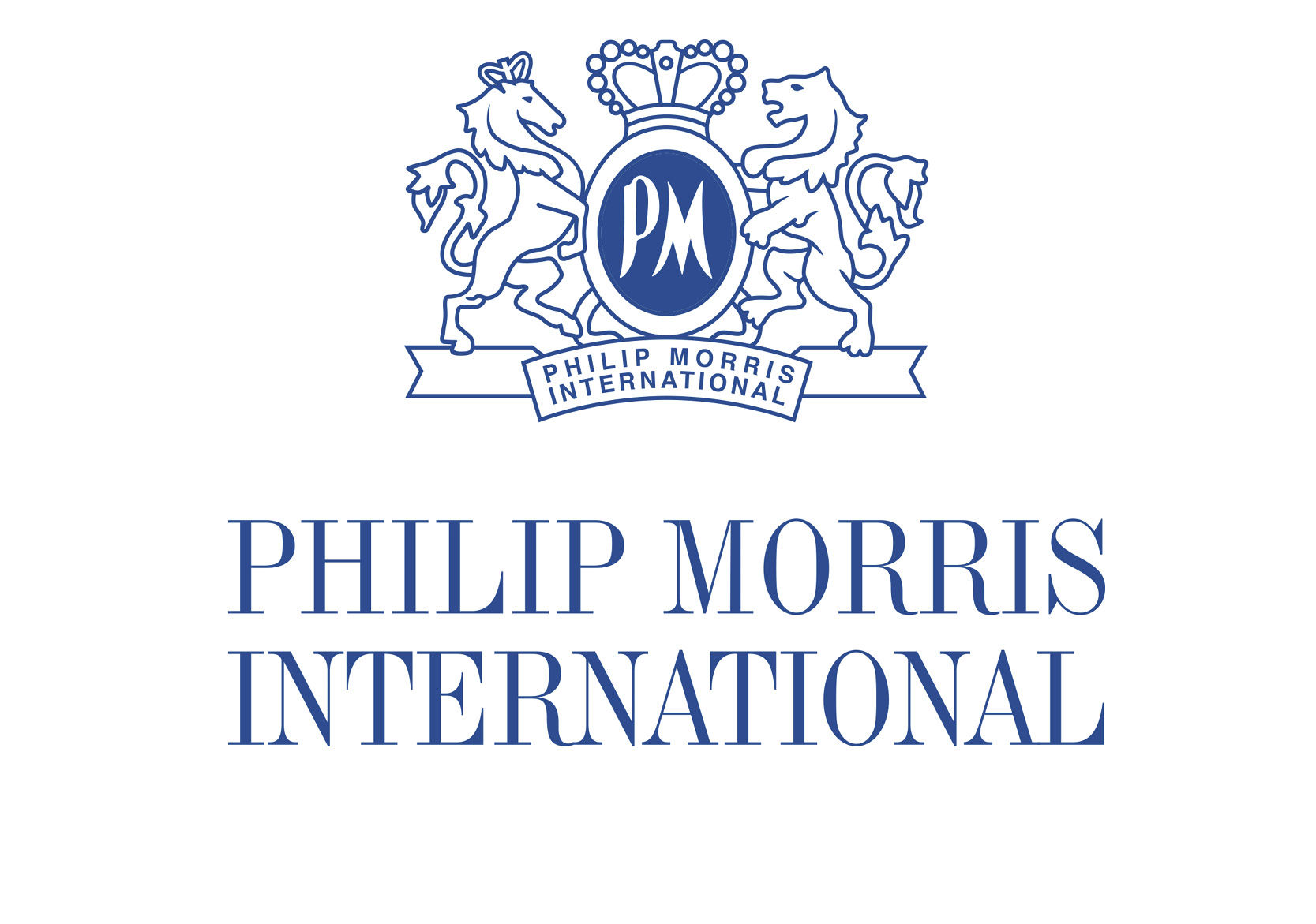2021 event
The sixth think.BDPST strategic conference on innovation was organised in a hybrid format on 14 October 2021 in partnership with the Ministry of Foreign Affairs and Trade of Hungary, the European Cybersecurity Forum, the Hungarian daily news portal origo.hu and with the support of the International Visegrad Fund, the Prime Minister’s Office of Hungary, Hungarian energy company MVM, the Konrad-Adenauer-Stiftung in Hungary, Hungarian lottery company Szerencsejáték Zrt, and Philip Morris International. The conference was realised as part of the official programme of the Hungarian V4 Presidency, with HE Péter Szijjártó, Minister of Foreign Affairs and Trade of Hungary, acting as the main patron.
The hybrid format allowed participants to follow the conference online, while in person participation was also possible. The main topic covered at the event was e-governance. The opening remarks of the think.BDPST 2021 conference were delivered by Veronika Antall-Horváth, Deputy Director of the Antall József Knowledge Centre, HE Kristi Karelsohn, Ambassador of The Republic of Estonia to Hungary and Andres Sutt, Minister of Entrepreneurship and Information of Estonia.
In his opening remarks, Minister Sutt highlighted that digital transformation is the key driver of green transition. One of the best examples nowadays of experiencing the benefits of the digital single market is the COVID certificate, recognised by all the EU member states. In Estonia, 99% of the services are available online which is true also of most of the entrepreneurs’ services. This is the main reason why Estonian experts can serve as important sources of information regarding cyber security and digital transformation.
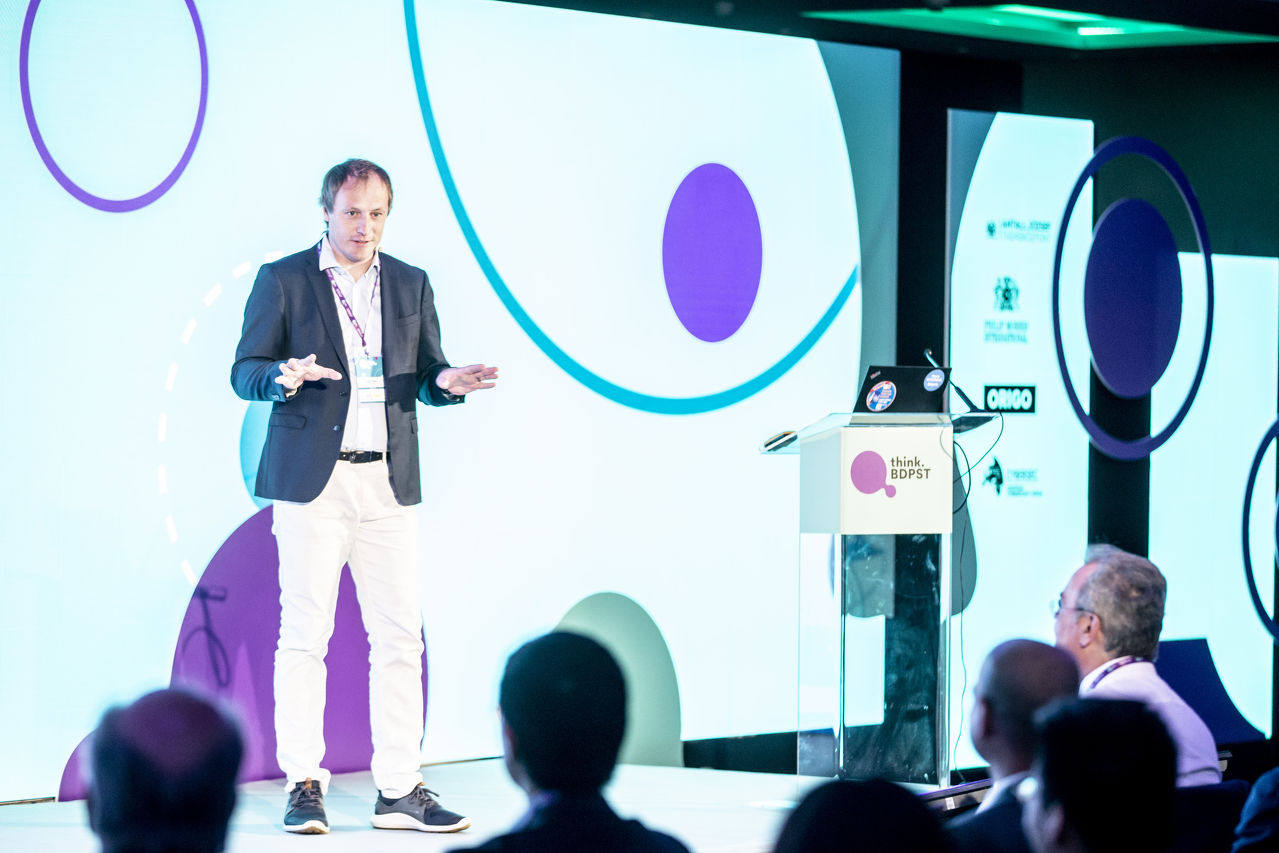
After logging into the online system and successfully “dropping off his ballot” electronically in front of the audience of the think.BDPST conference, Taavi Kotka, Estonia’s world famous Information Visionary, was talking about the digital transition of Estonia. In his presentation, he highlighted seven principles needed for a successful digitalisation:
- Enough internet everywhere
- Implementation of unique identifiers and a strong digital identity
- Once-only principle and a secure data sharing infrastructure
- A solution to questions and issues regarding data ownership and privacy
- Building trust and continuously working on it
- No-legacy policy
- Amusing the audience
These principles were also discussed during the panel discussions followed by Kotka’s presentation. HE Heli Tiirma-Klaar, Ambassador at Large for Cyber Diplomacy at the Ministry of Foreign Affairs of Estonia, highlighted that the digital society in Estonia is open and free, but, at the same time, safe and secure. In Estonia, they are proud of the fact that the internet is relatively free of any control and the country has an excellent cyber security safeguard for their critical systems. The first panel discussion moderated by Máté Mester, Managing Partner of Mspire, was analysing the question of how far the V4 countries are from an ideal world, where all people have the necessary digital skills and government services are also available online for everyone. Marten Kaevats, National Digital Advisor of the Government Office of Estonia, emphasised that digital transformation has very little to do with technical change (of course, technical changes are needed to be done, as they are crucial), but it is mostly about cultural changes and mind shifts. In order to get the whole society on board, a solid technical plan is needed, but it is more important to pursue the society about the positive effects of digitalisation by creating positive feedback loops. Ewelina Kasprzyk, Researcher and Project Manager of The Kosciuszko Institute, in turn, mentioned a programme, called FutureLabs, which is worth PLN 1 billion. It aims to make it possible that students participating in the Polish educational system are equipped with the right digital skills. Then Robert Lipovsky, Senior Malware Researcher at ESET, was talking about how ESET is dealing with digital education and awareness, as there are important technical aspects of threats and vulnerabilities. However, the human factor behind these threats are always more important.
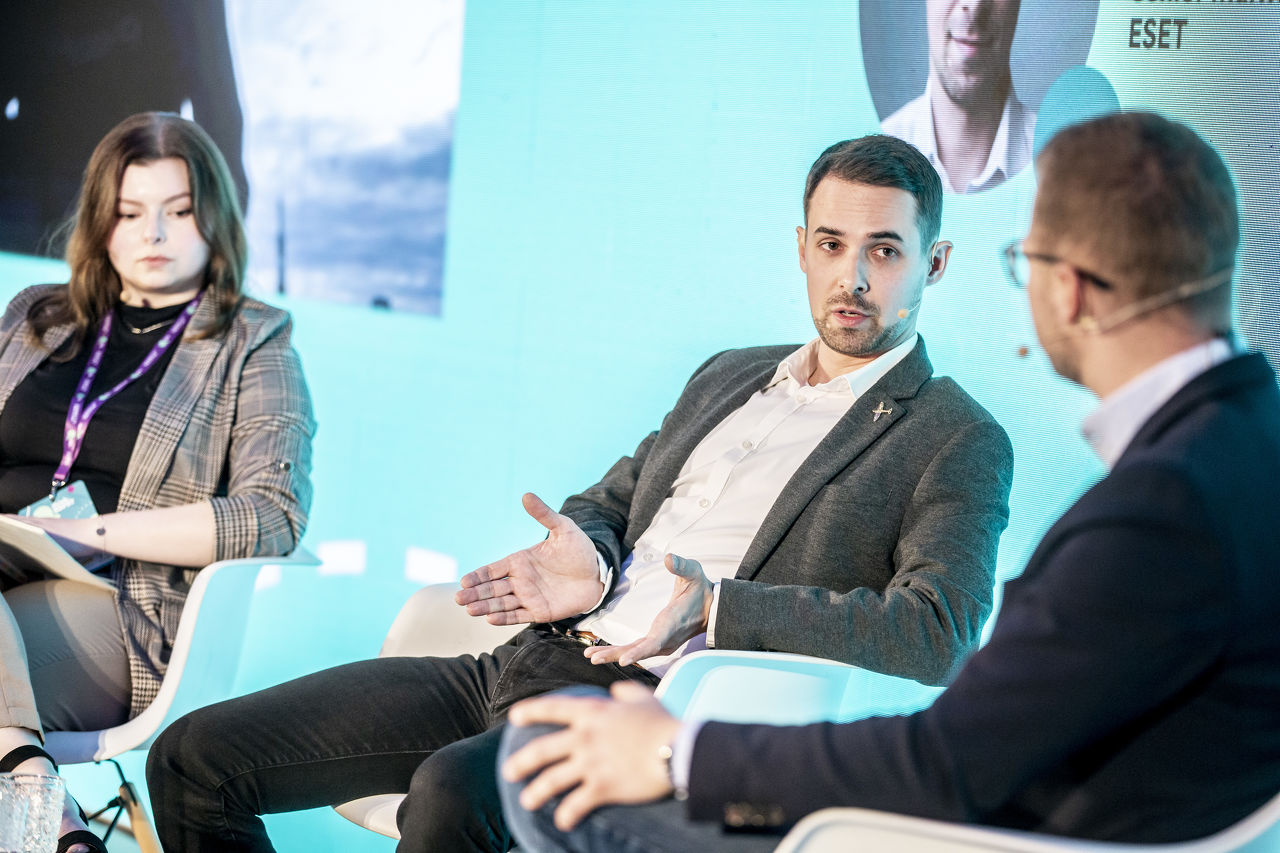
The second keynote lecture was held by Leonardo Cervera-Navas, Director of the Secretary of the European Data Protection Supervisor. As he summarised, 20 years ago, data protection was an unknown subject, but nowadays even his butcher knows what GDPR is about—this is not because data protection authorities have become so effective, the main reason behind this is that we are now in the fourth industrial revolution, where data is the king. The second panel discussion moderated by Anett Mádi-Nátor, Head of the Cyber Security Working Group at the ICT Association of Hungary, focused on the privacy in the digital world. Merle Maigre, Senior Cyber Security Expert of e-Governance Academy, Dr András Csenterics, Privacy and Data Security Attorney at Réti, Várszegi and Partners Law Firm – PwC Legal, Jack Kelly, Internal Data Investigator at the Bank of America, discussed the importance of cyber-security awareness and appropriate cyber-security tools, highlighting that, while cyber-related threats are one of the biggest challenges for governments nowadays, public awareness has remained limited.
In his keynote lecture, Attila Steiner, State Secretary for the Development of Circular Economy, Energy and Climate Policy at the Ministry of Innovation and Technology of Hungary, introduced the views of the Hungarian government on the economic impact of green transition and the opportunities of such transition. Focusing on the after-pandemic sustainable business and the impact of digital transformation on it, the panel discussion following his speech was moderated by Máté Olti, Commercial Attaché at the Embassy of Hungary in Mexico,. The discussion also featured Miguel Coleta, Director – Sustainability at Philip Morris International, State Secretary Attila Steiner, Dr Cséfalvay Zoltán, Head of Center for Technology Futures at the School of Economics of Mathias Corvinus Collegium, and Kristi Talving, Deputy Secretary General for Business and Consumer Environment at the Ministry of Economic Affairs and Communications of Estonia. In order to be commercially successful, companies have to be sustainable too, as customers, shareholders, and investors nowadays tend to choose businesses that are sustainable. Innovation and digitalisation play a crucial role in this regard, and countries that are building on digitalisation are better placed on the global market—the same is true for for-profit companies as well.
The last keynote lecture was delivered by Karoliina Ainge, Cybersecurity and Technology Lead at Independent Diplomat, who was talking about disinformation in conflict areas. In her presentation, she highlighted how diplomacy has changed: traditional state-to-state processes are increasingly becoming multi stakeholder. It means that none of the big issues we are tackling today are local issues: climate change or fake news are problems that states alone cannot solve. If we want to be successful in it, we need a new international governance and new ways of international relations. The panel discussion about fake news featuring Deme Dániel, Journalist at Magyar Hírlap, Csaba Krasznay, Director of the Cybersecurity Research Institute, Lieutenant Colonel Yves Desbiens, Project Officer of the NATO Strategic Communications Center of Excellence, and Karoliina Ainge analysed the question of how governments can tackle fake news and fight against them effectively.
